A Comprehensive Guide To Flutter 2024
31 Oct 24 

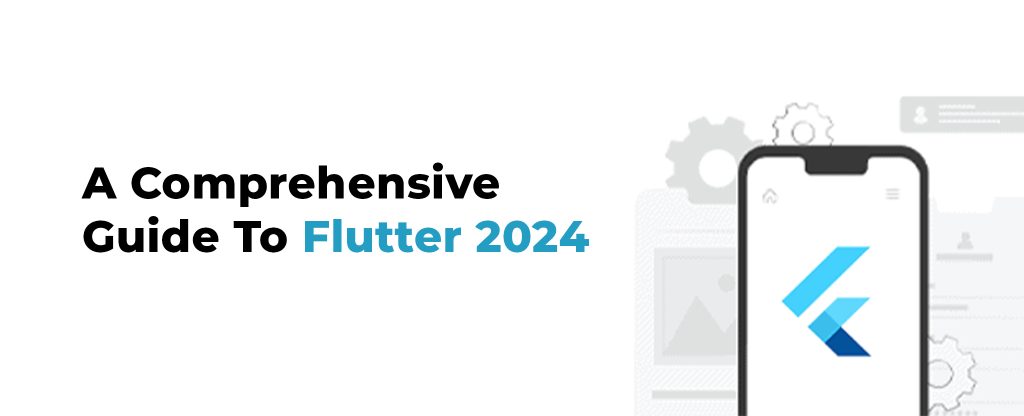
With the popularity of mobile application development increasing rapidly, it is important to have good programming tools that can help developers create them. One of the most distinguished tools available is Flutter app development. It is a free and open-source mobile UI framework developed by Google and is gaining much popularity thanks to the amazing benefits it provides for users.
Through this blog, let us delve deeper into Flutter, its benefits and use cases, and its updated features for the year 2024.
What is Flutter development?
Flutter is a hybrid app development platform as it allows you to create a native mobile application using a single codebase. This means you can use one programming language (Dart) and codebase to create two different apps (for iOS and Android), enabling users to save a lot of time and effort.
Flutter consists of two important parts- a software development kit (SDK) and a framework. SDK is a collection of tools that will help developers build the app, and framework is a collection of UI elements like buttons, text inputs, etc., that are customizable according to the app’s requirements.
Key Benefits Of Flutter
Here are some of the advantages Flutter has over other app development platforms.
Uses the same UI and business logic on all platforms
Flutter does not require any platform-specific UI components to render its UI. Instead, it only requires a canvas to draw onto, making its rendering style stand out from other platforms and eliminating concerns regarding UI consistency on different platforms.
Reduced code development time
The ‘Hot Reload’ feature in Flutter allows users to see the applied changes instantly without losing the current application state, making the development speed several times faster. Besides, Flutter also provides a wide range of ready-to-use widgets that are extremely customizable, saving users a lot of time and effort.
Increased speed-to-market
Since Flutter app developers do not have to write any platform-specific code, it is much easier and faster to create apps, increasing time-to-market speed. Besides, it provides a declarative API for building UI, which also helps to boost the app’s performance to a great extent.
Similar to native app performance
Contrary to other cross-platform frameworks, Flutter does not rely on any immediate code representations or interpretations and is built directly into the machine code, thus eliminating any performance bugs that may otherwise occur.
Availability of custom and animated UI of any complexity
The biggest advantage of Flutter is the ability to customize anything that is seen on screen, regardless of its complexity. Though native platforms provide the same functionality, the effort required is much greater.
Own rendering engine
Flutter uses Skia for rendering itself onto a platform-provided canvas. Thanks to this engine, users can virtually launch Flutter-based UI on any platform, simplifying the development process to a great extent.
Also read : Benefits of Choosing Flutter
Building Web Applications With Flutter
Besides mobile app development, Flutter also can render website applications that can turn a project into native Code at the time of deployment. It is mostly built as single pages; however, users can build multi-paged websites but will have a single index.html HTML file after its conversion to the native language. The Flutter community is actively working towards enhancing and improving its performance on the web. The two important elements used to measure the performance are its rendering capability and effects, transitions, and animation features.
Flutter provides two different rendering engines- DomCanvas and CanvasKit. The apps built using DomCanvas have a lesser payload when compared to CanvasKit apps. On the other hand, the extra massive size of CanvasKit improves its performance by radical changes. When it comes to performance, Flutter web has much to improve to meet javascript frameworks like Vue, Angular and ReactJS. However, choosing Flutter for the web could be a good option for the below cases-
- For building an app for web and mobile at the same time.
- To reuse Code from an already built mobile application.
- To build a companion web app for an already existing mobile app.
You may also like to read Why is Flutter App Development Becoming a Popular Platform for Mobile App Development?
Why Choose Flutter For Hybrid App Development ?
With the advantages discussed above, you may have understood why Flutter is the best option for developing hybrid mobile apps. Since it is much easier to use, takes less time to create apps, and provides performance similar to native apps, developers find it more convenient to bring mobile app ideas into reality. And above all, it is highly cost-effective since you do not require multiple development teams to create apps for different platforms.
Let us look at some of the reasons why you must consider Flutter as the best hybrid app development platform.
Flutter has a single codebase, i.e., Dart programming
Since dart programming language is the center of the Flutter platform, users can create hybrid mobile apps using a single programming language, irrespective of the operating system and app. Dart codebase also enables users to build custom widgets. Another advantage is that, with Dart, users no longer have to learn the native software development kit (SDK) of different operating systems.
Animation Libraries
Flutter provides a rich set of animation libraries that enable users to build better UI/UXs for hybrid mobile apps. It also provides widget libraries that allow users to develop custom animations, making building beautiful mobile UI frameworks easier and faster.
Cross-platform consistency
Flutter enables users to create consistent UIs across different platforms as it has its rendering engine. This cross-platform consistency feature makes it the ultimate choice for building hybrid mobile apps.
One-stop solution
Flutter is the one-stop solution for enterprises that provide mobile app development services as it allows them to build highly interactive and engaging hybrid mobile apps. It helps to save time, money, and effort while not compromising performance.
Flutter Vs React Native
Flutter and React Native are free and open-source platforms for developing mobile applications. The main difference is that Flutter is a UI toolkit developed by Google, whereas React Native is an open-source Javascript framework developed by Facebook. As React Native uses javascript for coding, which is runnable on both Android and iOS, users do not have to create two different codes for each of them. On the other hand, the code in Flutter is automatically compiled according to the user’s requirement, making it a much-preferred platform.
Another notable difference is that Flutter is more organized than React Native. As a result, sometimes running a hybrid app might slow down, but Flutter does not face runtime issues, giving apps a much better native performance.
How To Choose The Right Database For Flutter App Development
A database is a storehouse of collected data accessible electronically from any device. The users can access, modify, update, control, and organize as the stored data as required. The mobile app trend demands real-time and up-to-date data delivery, and if the app fails to do the same, it would be considered a failure. Therefore, choosing the right database for apps is extremely crucial.
Flutter mainly provides two types of databases- relational and non-relational. A relational database for Flutter is called SQflite and gives the user complete control over the database. Non-relational databases for Flutter are Firebase and Hive, and both are extremely different from one another. For example, Firebase syncs with an online store, but the Hive can’t store it; instead, It stores on local devices.
You may also read Flutter vs Java: What’s Best for Your Next Android App?
Choosing the database requires the below criteria-
Structure of the data
This refers to how the user wishes to store and retrieve the data- whether to store the data offline on the device or the server.
Size of the data
If the app deals with a lot of data, storage and retrieval of the same could be a concern. Also, the collected data will need to be differentiated across multiple locations & servers, and the database should have the potential to handle this differentiation.
Speed and scale of the app
The app may require heavy reads and writes, and the selected database must handle the app’s input and output needs.
Data modeling
If your application deals with search queries or location-based features, data modeling is an important factor to consider.
Data security
Security is extremely important for databases as the stored data is constantly being accessed and managed by many users, thus putting the data security at risk.
Support for multiple mobile app platforms
The selected database must support the platform users target the app on.
Amplifying Flutter In AWS
AWS amplify is a set of tools and services for building secure and scalable web and mobile applications, and amplify Flutter refers to the process of bringing AWS Amplify and Amplify Flutter together. This integration can be done in three ways-
Authentication
Amplify Flutter provides an interface for authenticating a user and allows use cases like sign-in, sign-up and multi-factor authentication. In addition, it comes with built-in support for Cognito user pools and identity pools.
Storage
Amplify Flutter provides an interface for managing user content for the app in public, protected and private storage. It enables use cases like upload, download and delete objects and provides built-in support for Amazon Storage Service by default.
Analytics
Amplify Flutter enables collecting tracking data for authenticated or unauthenticated users in Amazon Pinpoint. In addition, it allows easy recording of events and extends the default functionality for custom metrics or attributes as required.
App Security Features In Flutter
When it comes to app development, one of the biggest concerns is app security. The increase in mobile app usage has increased security risks, and therefore finding solutions to eliminate these risks are extremely important. This is where Flutter has taken its lead. It has provided solutions for some of the biggest security risks current mobile apps face.
Unauthorized access to the app
Flutter provides various security and authentication plugins that can be used to add an authentication check in the app.
Leaking of sensitive data
Flutter offers a secure data storage plugin named NSUserDefault for IOS and SharedPreferences for Android that enables secure storage of sensitive data like IDs, financial details, passwords, and more.
Code injections
Code injections refer to the insertion of unauthorized code into already existing code. Flutter has plugins that come with permissions already inserted into the plugin code, thus solving this issue.
New Features And Updates In Flutter 2.8
Google has announced an updated and improved version of Flutter. This version, called Flutter 2.8, mainly focuses on mobile performance. It has made it easier to connect apps to backend services such as Firebase and Google Cloud and has also added major improvements to the camera and web plugins. Another focus of Flutter 2.8 is developer productivity. And for that, a new sign-in widget that uses Firebase to handle authentication is made available, bringing a possibility of changing how developers build apps.
Popular Apps Built On Flutter
As a feature-rich and novel SDK, Flutter has aided the creation of many modern applications like the following-
Google Ads
This mobile app enables users to manage Google as campaigns directly from mobile phones. It is a condensed version of a website app made available to track ad output from any location. The app contains campaign statistics, allows users to update bids and budgets in real-time, live edits, keyword editing, and the ability to contact a Google expert. It is both an intuitive and aesthetically pleasing app.
Reflectly
This is an AI-powered personal journaling app that combines cognitive behavioral therapy, meditation, and positive psychology to help users cope with daily stress, resolve negative thoughts and remain positive. It enables users to express their feelings and take care of their mental health. Reflectly also provides detailed insights into how the user’s days are going and accordingly provides advice from self-help experts to assist in coping with mental health issues.
Xianyu By Alibaba
This is a used goods ecommerce platform that relies on the ecommerce system of Alibaba group. As a secondhand market is complex, Xianyu was developed using Flutter to get a robust system to implement and scale. Furthermore, based on the e-commerce system of Alibaba Group at the underlying layer, Xianyu strives to explore a more rapid and flexible R&D system at the presentation layer and service layer.
Postmuse
It is an instagram photo editing app that allows users to create professional-looking instagram images. This app is built using Flutter and provides recommendations for the best picture, making your social marketing look authentic.
Hamilton
This is the official app for Hamilton, one of the most well-known and award-winning Broadway musicals. It was created using Flutter and is used especially to keep the band’s massive fans informed of all music news. In addition, this app includes karaokes, quiz games, lottery games, and exclusive videos and slideshows.
Pairing
This is a dating social app where the links and matches are made via the user’s real-world communities. This is one of the best examples of Flutter apps, with all its amazing features to give a smooth online dating experience.
Lunching
This is a mobile app that makes ordering food delivery easy. The app was developed using Flutter and had many amazing features, including the user’s ability to make payments in bulk or smaller installments. Thanks to Flutter, the app has smooth animations and a rich User Interface.
Watermaniac
This is a lightweight water monitoring app made possible by the Flutter app development framework. It assists users in tracking their water intake. The app allows users to create recurring targets, track their usage history and get necessary reminders for their next consumption. The app is easily manageable and upgradeable, thanks to Flutter, and allows people to use their smartphones as water trackers.
Wrapping Up
Flutter enables users to achieve greater functionality with less coding and a new, expressive vocabulary. It is already gaining popularity and interest in communities. With the amazing benefits laid out by Flutter, it is, in fact, quite a loss if we do not start making use of it. If you are a company wishing to develop a hybrid mobile application of interested in flutter app development for your business, this is the right choice for you. Hire flutter developers and make an app that is easy to use, cost-effective to develop, and performs splendidly.
- Agentic AI1
- Android Development3
- Artificial Intelligence37
- Classified App3
- Custom App Development5
- Digital Transformation12
- Doctor Appointment Booking App14
- Dropshipping1
- Ecommerce Apps40
- Education Apps2
- Fintech-Apps38
- Fitness App4
- Flutter4
- Flutter Apps20
- Food Delivery App5
- Grocery App Development1
- Grocery Apps3
- Health Care10
- IoT2
- Loyalty Programs10
- Matrimony Apps1
- Microsoft1
- Mobile App Maintenance2
- Mobile Apps130
- On Demand Marketplace1
- Product Engineering6
- Progressive Web Apps1
- React Native Apps2
- Saas Application2
- Shopify9
- Software Development3
- Taxi Booking Apps7
- Truck Booking App5
- UI UX Design8
- Uncategorized7
- Web App Development1








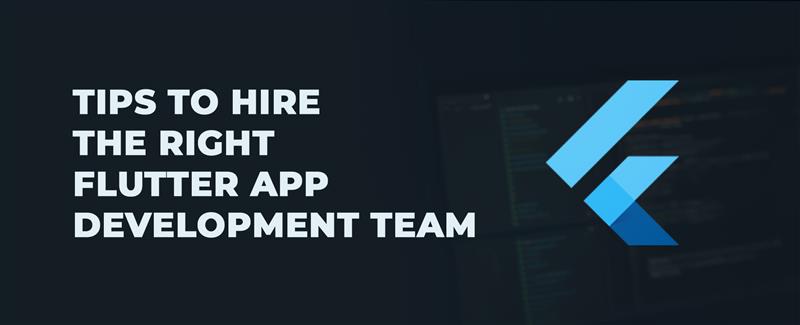
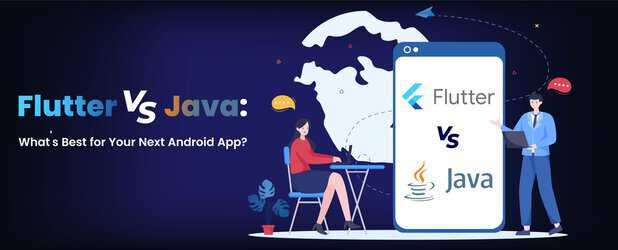
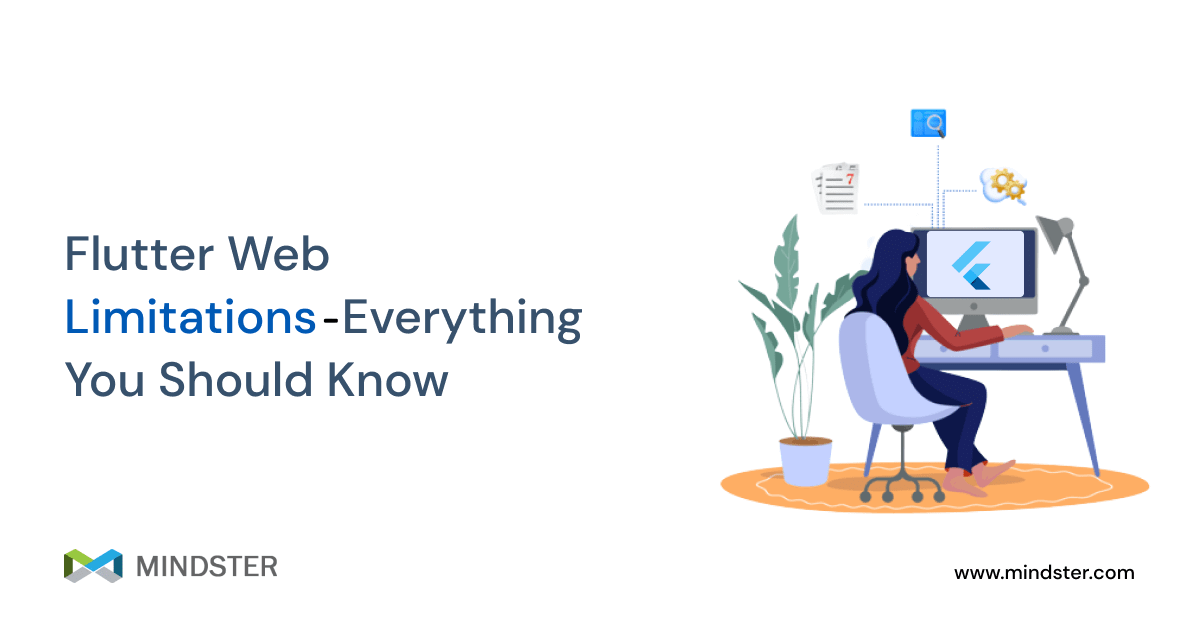
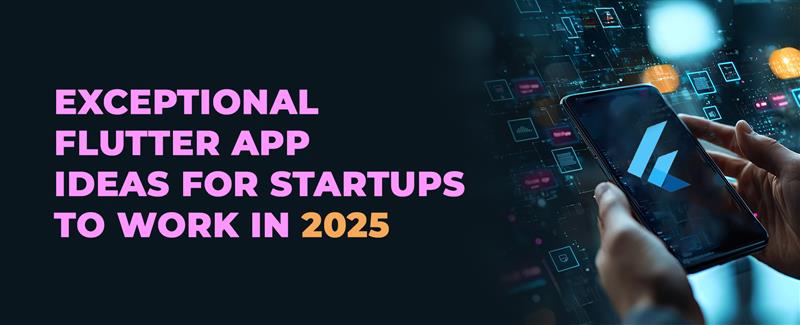






Comments